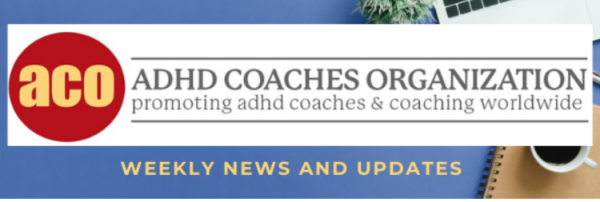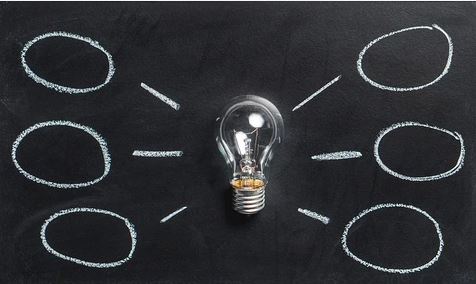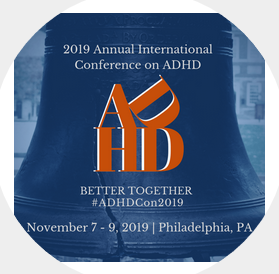Research done by Russell A. Barkley, Ph.D. and Mariellen Fischer, Ph.D. and published in the Journal of Attention Disorders addressed the reduction in healthy life expectancy of people diagnosed with ADHD due to adverse health and lifestyle activities. The longitudinal study was eye-opening, but pointed to the need for individuals and the professionals with whom they work to talk about lifestyle choices in order to positively impact life expectancy.
At the 2019 Annual International Conference on ADHD Melissa Knight and I made a presentation about how ADHD coaches can help their clients in addressing lifestyle choices such as nutrition, exercise, sleep, driving habits, smoking, etc. that impact estimated life expectancy and the quality of one’s life.
I was happy to see the following write up on the ADHD Coaches Organization (ACO) blog highlighting the November, 2019 presentation.

The Role of ADHD Coaching in Supporting Healthy Lifestyles: Taking Research into Practice
By Melissa Knight, MA, PCC and Roxanne Fouche
Take Away: The importance of working together as a team when providing support for someone with ADHD. The team members can include a therapist, doctor, educator, coach and parents.
More Information: High-risk behaviors that occur earlier in life influence possible health concerns as people age, which then influences the increased risk for earlier mortality. What we have learned is that although ADHD is a serious public health concern, improved estimated life expectancy (ELE) may be achieved with proper treatment. It may be possible to improve the risks associated with lower ELE through treating ADHD, especially in improving self-regulation.
It is important that coaches become aware of this research to educate and support our clients with ADHD in implementing strategies for a healthier lifestyle. Coaches can play a significant role in facilitating change for our clients. Through this process, increased awareness concerning ADHD management, self-regulation, and lifestyle choices can occur. When clients increase their awareness, implementing lifestyle changes can follow.
Through Powerful Questioning and Direct Communication, Awareness is created, leading to Designing Actions. When a coach inquires about a client’s lifestyle, this provides an opportunity for the client to explore how behaviors can impact health. Through this process, the coach also helps the client to identify their values and motivation, which supports the client in understanding why a goal is important. When values are connected to motivation, there is a stronger possibility of success. Next, the client can move forward into brainstorming and strategizing alternative lifestyle choices. In addition to providing education to their clients, ADHD coaches are accountability partners. It is this accountability piece that is crucial for keeping these goals in the here and now for the clients in between coaching sessions.
Contact me for information about ADHD / Executive Function coaching to discover and implement individualized strategies, skills and habits that support healthy lifestyles, effectiveness and well-being. ADHD coaching is conducted in person in San Diego, by phone or via the internet.

 How many times have you caught yourself making a promise to yourself or to someone else, saying “this time it’s going to be different“ without really changing the way you approach the goal? It doesn’t make sense to do the same things over and over and expect different results. There is an alternative.
How many times have you caught yourself making a promise to yourself or to someone else, saying “this time it’s going to be different“ without really changing the way you approach the goal? It doesn’t make sense to do the same things over and over and expect different results. There is an alternative. For my piano skills goal, I want to be able to play songs in an Adult Intermediate piano book with ease and have memorized six pieces by the end of the year. I want to do this to push myself a bit, and have fun perfecting a skill that gives me joy.
For my piano skills goal, I want to be able to play songs in an Adult Intermediate piano book with ease and have memorized six pieces by the end of the year. I want to do this to push myself a bit, and have fun perfecting a skill that gives me joy. I am pleased to announce that my colleague, Melissa Knight, and I will be presenting a conference session on the role of ADHD coaching in support of healthy lifestyles. This is an important and timely topic related to research done by Dr. Russell Barkley and the impact of ADHD – and specifically self-regulation – on health outcomes.
I am pleased to announce that my colleague, Melissa Knight, and I will be presenting a conference session on the role of ADHD coaching in support of healthy lifestyles. This is an important and timely topic related to research done by Dr. Russell Barkley and the impact of ADHD – and specifically self-regulation – on health outcomes.